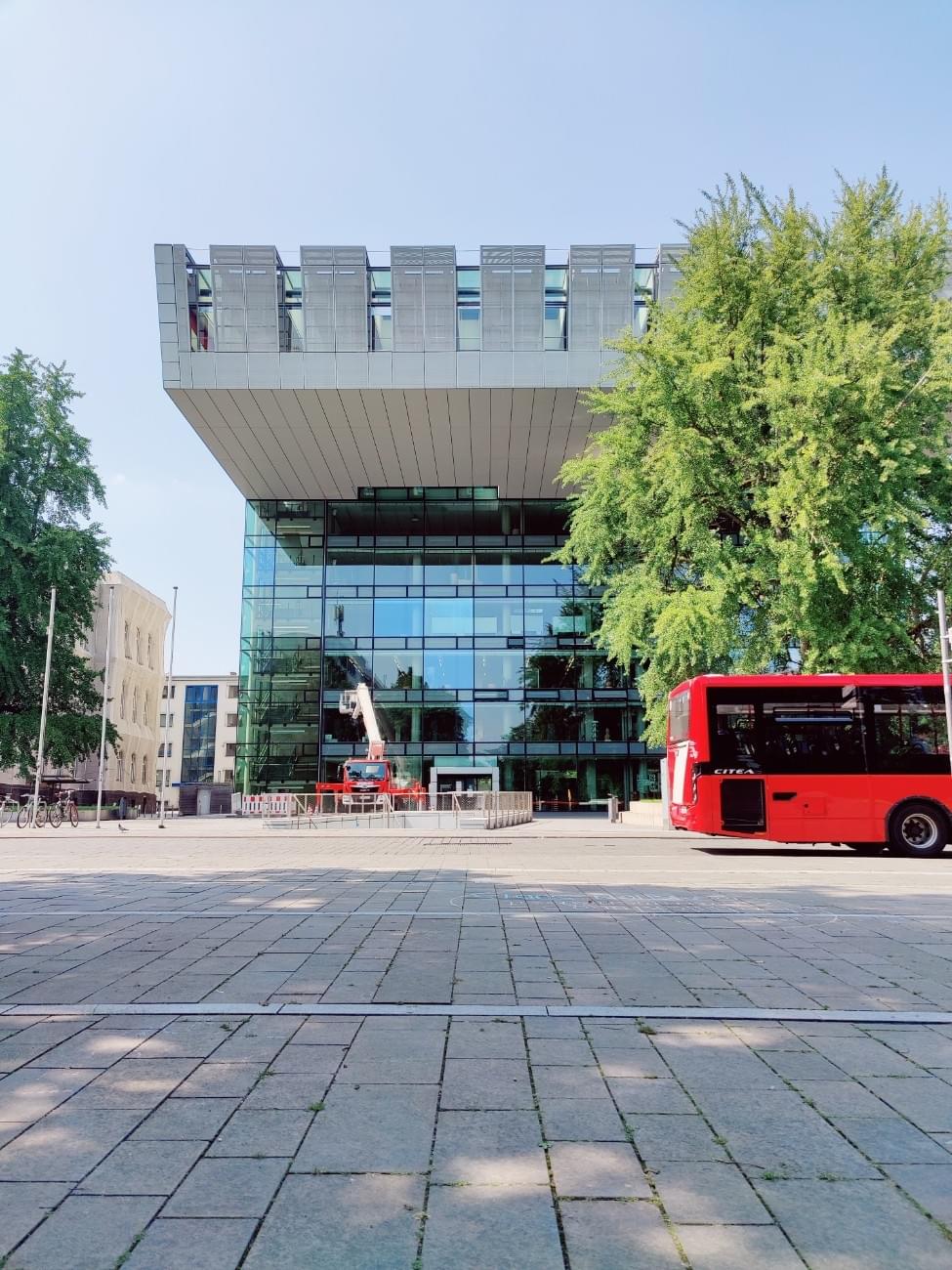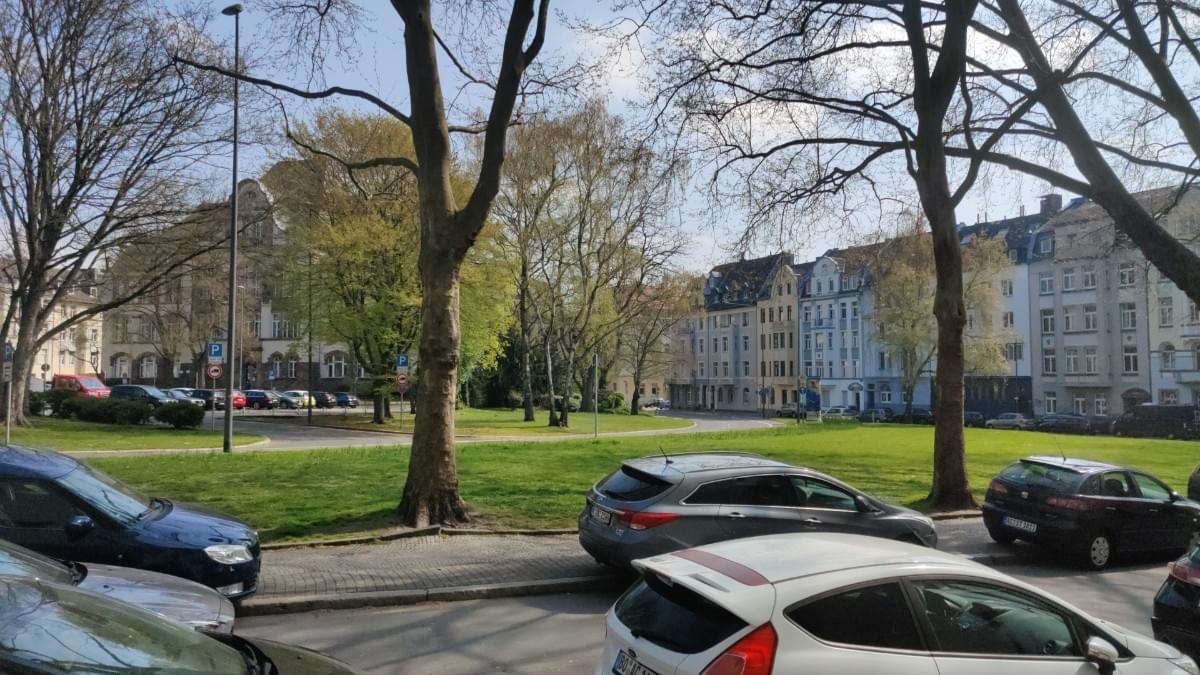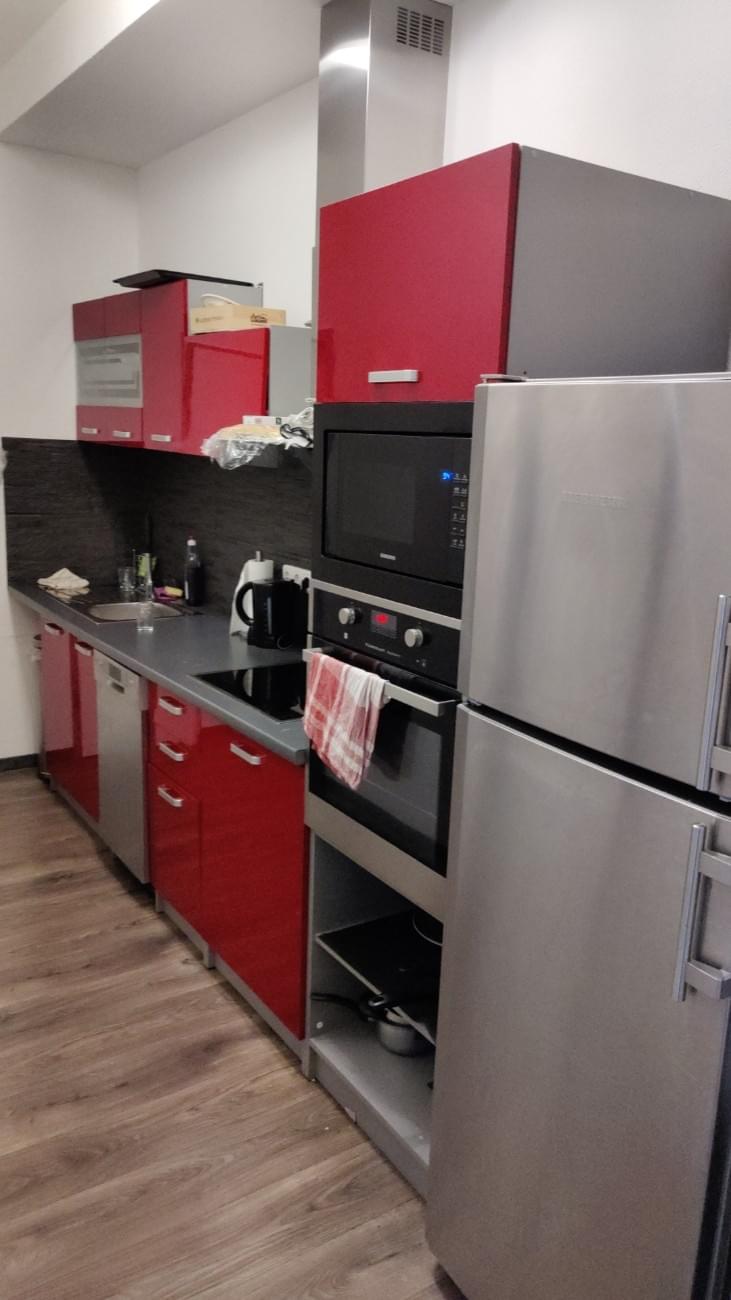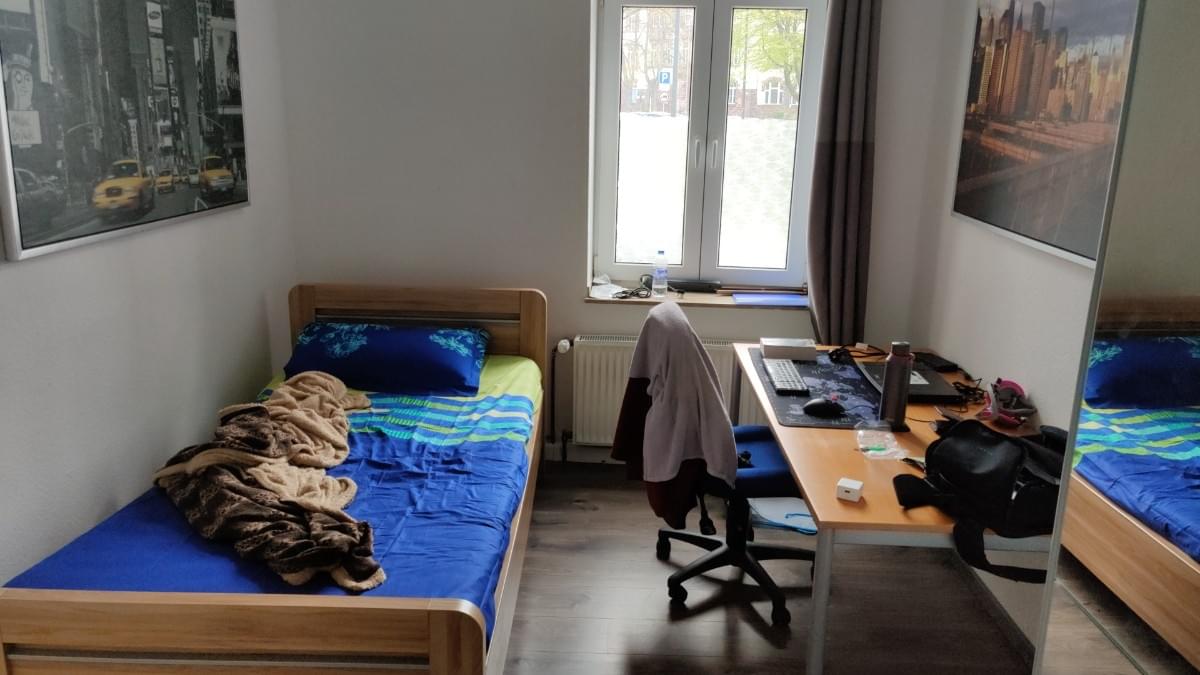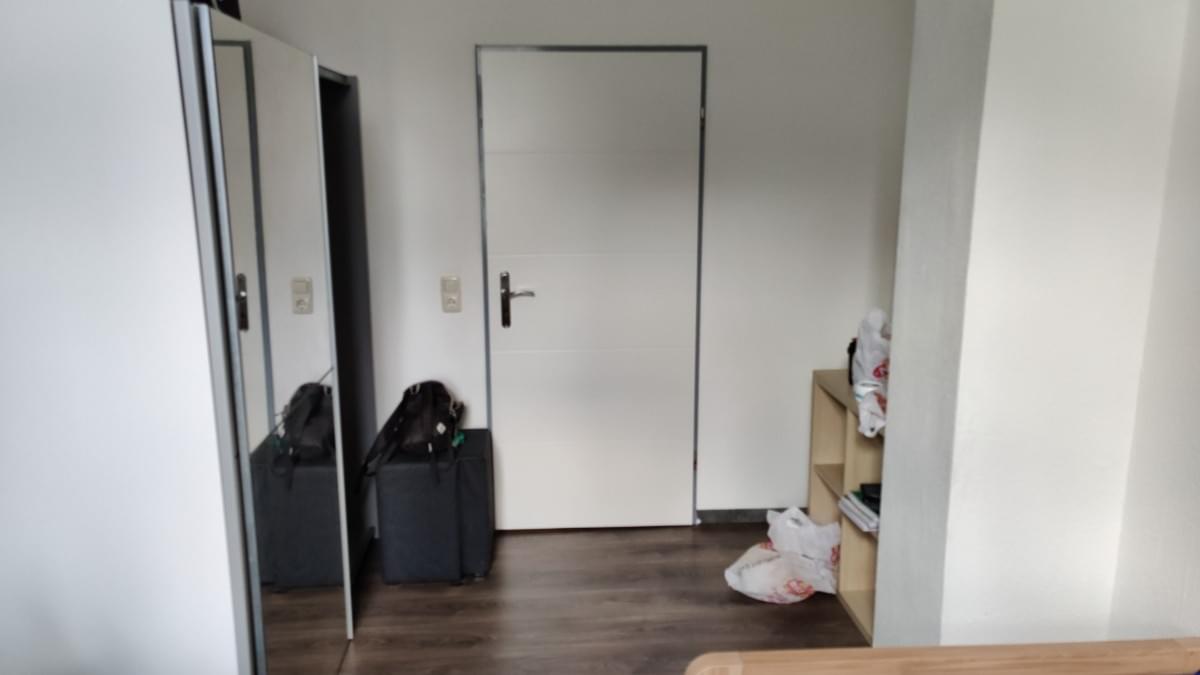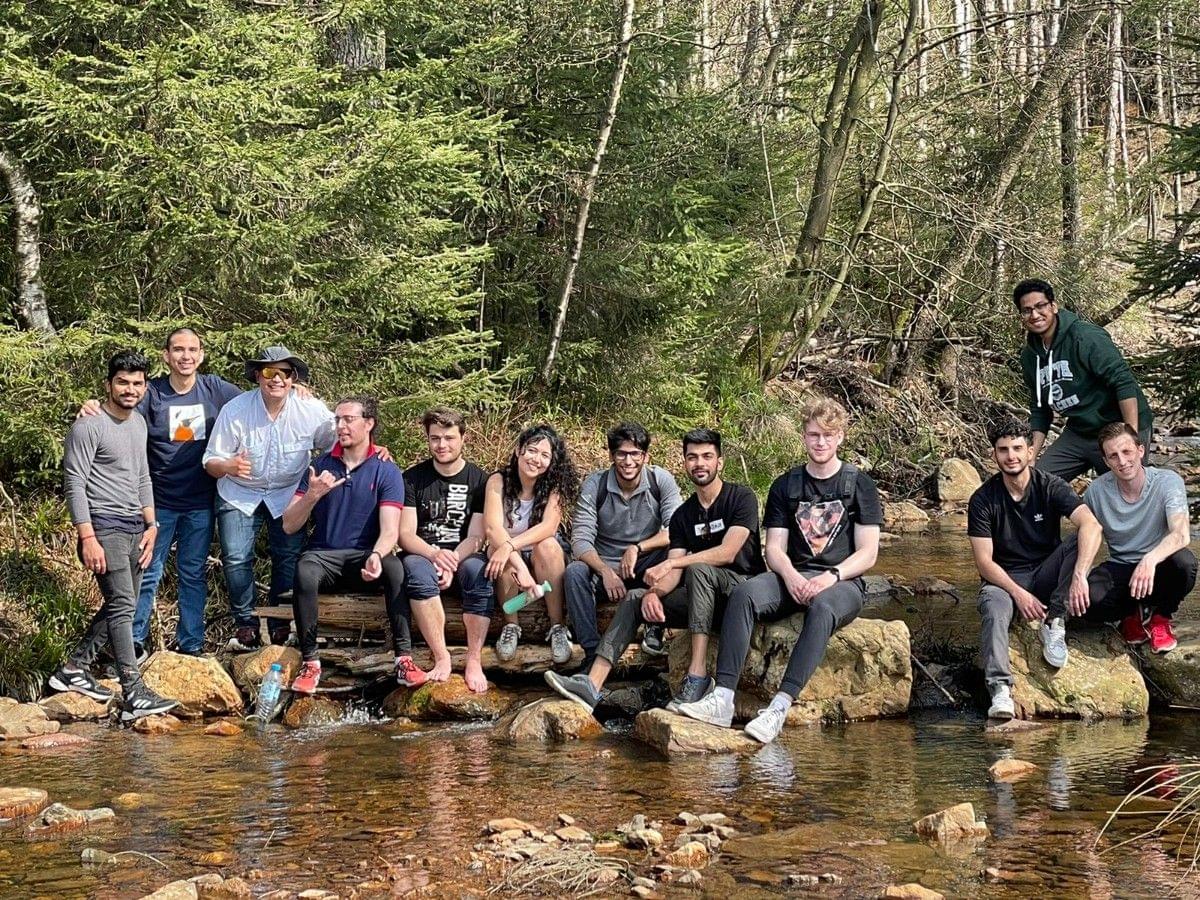What Students Say
Likes
- Half the city is the campus, and it's massive.
- It focuses on independent research and innovation, where you're responsible for everything and there is no hand-holding.
- The cost of living is reasonable compared to other cities in Germany.
Dislikes
- It can be challenging to learn German when everyone around you is speaking English.
- The mathematics courses can be challenging compared to other universities.
- The course structure can be confusing for beginners.
Course Curriculum
- The course can be difficult, especially with mathematics. It was mostly theoretical, with practical courses being offered as labs. In terms of positive aspects, one can learn a lot of in-depth knowledge, but the negative aspect is that motivation and structure is something the student has to bring in themselves.
- Classes account for 10-12 hours a week, and the students have to choose their subjects themselves. One can choose between 2 options for for timings for each course. The classes can be between 8-12, or 13:30 - 19. The average number of students in a course can be 20-35. Around 20% students were Indian.
Admission Experience
- I applied to the following universities:
- NYU - Admitted
- RWTH Aachen - Admitted
- Texas A&M - Admitted
- Columbia – Rejected, due to low GRE and academics.
- U Maryland - Rejected due to low GRE and academics.
- UC San Diego - Rejected due to low GRE and academics.
- UT Austin - Rejected due to low GRE and academics.
- None of the rejected universities gave a clear answer as to why I was rejected, but it was probably academics.
- This was the only university in Germany I applied for, and my GRE (325/340) affected this surely. The process is simpler than American universities, and it's also free. There's a single portal with all details. The eligibility criteria here is not very clear, but a GRE of 315+ should work, as well as good academics (8.0+ GPA). Work experience also matters, so 2 years of work experience can help. The overall admission process is smooth, but the visa process can be challenging, so one should start as early as possible.
- I applied to the batch of Winter 2021 and I wanted to study and work in Germany, and the societal state of the US along with the tuition exception in Germany were the major factors. The process took 3 months, where I applied in June of 2020 and got approved in October. After acceptance, one has to immediately start the visa process since that takes 5 months.
Faculty
- It's about 1:20, and the quality is good. Individual focus happens in lab courses, while classroom courses are mostly group learning places. The teachers have good in-depth knowledge, and they teach well.
- The faculty also provides part-time jobs, called HiWi, which allow students to earn about 600 euros for working 10 hours a week. Professor Peter Joost-Katoen is amazing because he goes into the depth of his work when teaching.
Campus Life
- There are a lot of international students in Aachen and a lot of clubs. There's one campus, and there are libraries, with 1 big one in the city centre. There are multiple sports centres, with a big one in the north.
- Almost every week there are events, and there is the Carnival in November and February in the region. There is also a big Indian club called INCA. As for extracurriculars, one can do almost any activity with other students as well in the city, which is a cultural landmark.
Part Time Jobs
- There are HiWi jobs that provide 600 euros a month for 10 hours of work a week, while part-time jobs in the area give 1200 euros for 20 hours a week. The jobs can be TAs and also programming jobs/technical jobs when working in research projects. The maximum number of hours is 20 (19/week) per week. It can be challenging to get these jobs, especially the ones in English. The best option here is to learn German.
- For bachelors, there are a lot of students doing work for food delivery services, while masters students work more technical roles. They earn around 13 euros per hour for non-technical jobs and 15-16 euros an hour for technical jobs. Non-technical jobs are easy to find; technical roles require more effort. One has to send mails to get the technical roles.
Placement
- Almost all graduates find a job, but there is no campus placement. German has become a must, which is important. The average salary can range from 48,000 euros a year to 70,000 euros a year, depending on the role. My batchmates were placed in companies like Trivago and Mercedes with 60,000 euros a year packages, as well as research centres like JSC.
Accommodation
- I opted in for off-campus accommodation, for which I paid 400 euros a month. This included all facilities lile electricity, internet and repairs if needed. I got the accommodation via WG-Gesucht, which is the prevalent platform.
- It can be difficult to find a place as an international student who's outside of Germany due to trust, so starting early is recommended. The city is small, so one is always at max 30 mins away from the campus.
Exams
- There are no formal requirements, but GRE helps and having a good track record for the GPA along with work experience, which could be 2 years, also helps. There are also no formal documents outside of the CV and grade sheet required. There was no interview required. One requires a certificate of language proficiency, though, since the courses can be in English, German, or both.
Fees
- There is no tuition fee, outside of a "semester fee" of 300 euros, which includes the semester ticket that allows free transport across Germany. Then, there are living expenses, which can range from 800-900 in total, but the hostel fees can range from 250-400, and allow you to stay at a cheaper place. Renting an apartment in a shared flat can be 350-600.
- The fee needs to be sent to the university bank account at the start of the semester. In total, the living expenses are 1100, including groceries, outings and transportation, which can be recovered when one works part-time, which provides salaries from 600-1200 a month.
Scholarship
- Since there is no tuition, there is no regular scholarship. One can get funding via BaföG for 900 euros a month, but it's mostly available to EU students. The approval process can be difficult since it's state aid. Outside of that, one can apply for DAAD scholarships from the state, which range from 500-1200 euros a month. Again, one can work part-time and earn a living in Aachen.


